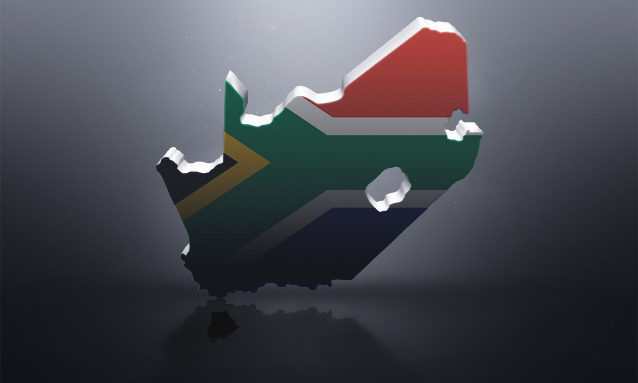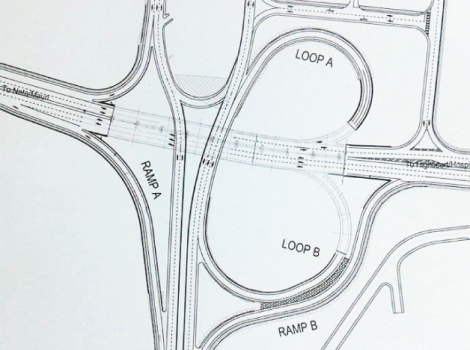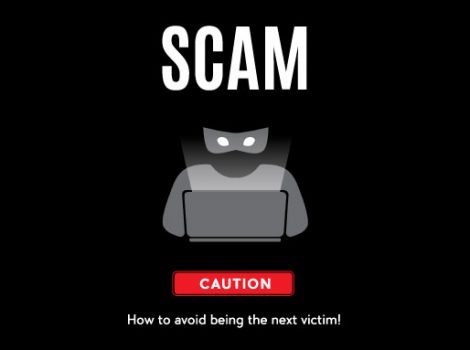
A recent report by the United Nations (UN) shows how Botswana is struggling step out from South Africa’s shadow as the latter country’s large economy casts a shadow over it, suggesting that foreign investors consider Botswana a ‘province’ of South Africa.
According to the ICT strategic paper by the United Nations Conference on Trade and Development (UNCTAD), Botswana has a relatively underdeveloped Information Technology (IT) and innovation sector, a lack of Foreign Direct Investment (FDI) in the IT sector and the absence of a large number of major IT players, especially when compared with neighbouring South Africa, which serves as the regional headquarters for many companies and related FDI.
“Botswana is often eclipsed by South Africa or perceived as an extension of the South African market by much of the international investment community. This constrains the growth of supply-side players in e-commerce,” the UN researchers found.
The strategic document titled, “National ICT Policy Review and E-commerce Strategy for Botswana,” states that as a landlocked country, Botswana lacks access to ports and maritime trade and relies heavily on its neighbours, especially South Africa, for much of its international logistics and international trade. It says both of these factors pose challenges for e-commerce infrastructure development, logistics and low-cost services and delivery. Nonetheless, the report says, the country has made great strides in overcoming some of these obstacles.
“Interviews with the Consumer Protection Office and the Cybercrimes Unit of Botswana Police indicate that consumers shopping online have encountered different types of fraud, ranging from non-delivery of products ordered online to fake electronic wallet messages and tax avoidance activities. Most fraud reportedly originates in South Africa,” the UN report says.
It says a significant weakness in developing trust in e-commerce is the lack of coordinated consumer protection and cybercrime-fighting in the region.
“Botswana is a small country and is heavily reliant on commerce with South Africa and its other neighbours. By its nature, e-commerce is frequently conducted across national borders, and effective policing of misrepresentation and outright fraud therefore must also be regional and international in scope. Decisive action by the SADC and other regional institutions to address this issue is required,” the report says.
According to the report, like most of SACU, several of Botswana’s business sectors are dominated by large retailers and regional players, especially from South Africa.
“Similarly, there is the risk that Botswana’s local e commerce market will be dominated by larger retailers and companies,” the researchers warned.
The report says Botswana businesses must differentiate themselves from their competitors. Botswana faces competition from surrounding SADC countries, in particular South Africa, for IT, ICT and e-commerce-related FDI.
“Though proximity to South Africa has also had FDI-related advantages, since South Africa has been a large investor in Botswana and Botswana has benefited from the expansionist drive of South African businesses in certain sectors.
Botswana will need to demonstrate that it is an attractive location for foreign investment to boost its capacity to attract IT, ICT and e-commerce-related FDI,” says the report.
It says Botswana’s small talent pool is also a constraint to e-commerce growth. In the past, the report says, it has not been large enough for the country to be seen as possessing sufficient IT talent and the startup ecosystem to make it a potential contender for major tech FDI.
“While Botswana has certain robust sectors – especially the mining and extraction industry, which accounts for the highest percentage of GDP, and to some extent, its beef and tourism industry – it has long struggled to grow its private sector,” the report says.
It says the economy is primarily government-driven, with the government being the country’s major employer. It notes that there is a relatively small business sector outside of government procurement generated business adding that Botswana’s fledgling businesses and business sector have also struggled to compete in the highly competitive Southern African market, which is dominated by tough regional players. The report further states that this constrains the growth of e-commerce and limits the ability of Botswana businesses to be competitive in e-commerce.
With regards to its payments sector, Botswana has no domestic switch that could process other payment instruments, the researchers found.
“This limits the use of e-commerce, especially for services and digital products. While the country has a strong financial services sector, its financial market is shallow compared to other emerging markets and advanced economics,” the report says.
The UN researchers also discovered that it is hard to obtain startup finance, and there are few business incubators and limited numbers of individuals and businesses supported through government financing programmes. This, they said, limits the ability of entrepreneurs to exploit e-commerce opportunities.
“Botswana’s small consumer market may pose a challenge to attracting certain types of FDI, especially FDI aimed at tapping large consumer markets. Extra efforts may be needed to attract global e commerce retailers,” the researchers said.
However, they said it should be noted that in the past, Botswana’s retail market was already considered one of the highest potential growth markets in Africa, and it features some of the continent’s top retailers. In recent years, however, the report says continental African competition in the retail market has intensified, with competition from other regions of Sub-Saharan Africa.
“Botswana’s large geographic land mass with a highly dispersed population in certain areas also requires large ICT, logistics and other forms of investment to ensure full national coverage, and this can pose a cost challenge for infrastructure development as a whole, including ICT,” the report says.
It notes that Botswana’s well-developed legal and regulatory environment for electronic payments, its robust ICT and e-commerce-related laws and recently updated regulations also constitute an important pillar for creating an environment favourable to e-commerce development.
At the same time, the report says, the country is faced with a number of challenges and weaknesses when it comes to e-commerce.
“While Botswana has made commendable progress in developing its ICT and telecommunications infrastructure, lowering Internet cost and trying to address the infrastructure challenges of landlocked countries, it continues to have problems with quality of service and high Internet data costs,” the report says.
The researchers said,
“Consultations with a number of stakeholders yielded reports of problems with Internet and e-government service operations. The location of hosting services and broadband access to e-commerce sites are potential problems. There is limited awareness, use and experience with ICT and e-commerce among MSMEs (Micro small and Medium Enterprises). This underscores the basic need for awareness and expertise in e commerce among companies and professionals.”
Source: https://www.sundaystandard.info/botswana-struggling-to-get-out-of-south-africas-shadow/
Article originally published on 8th November 2021
Written by Khonani Ontebetse



